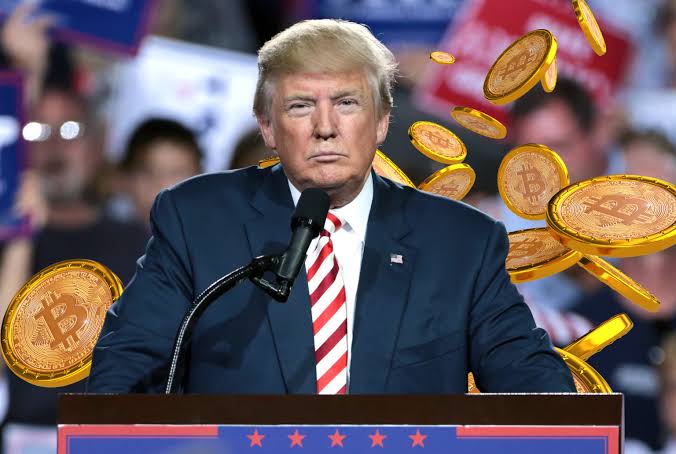Galaxy tokenized stock is now live on the Solana blockchain, following a partnership between Galaxy Digital and fintech firm Superstate. The initiative, announced this week, allows verified stockholders to hold and transfer Galaxy Class A Common Stock directly onchain via Superstate’s Opening Bell platform.
Unlike synthetic or wrapped stock models seen in earlier experiments, these tokens represent actual equity ownership. Each transfer updates Galaxy’s official shareholder registry in real time, with Superstate serving as the SEC-registered transfer agent. Only investors who complete full KYC procedures can access and trade the Galaxy tokenized stock, ensuring regulatory compliance.
“This is the first instance of a Nasdaq-listed company being tokenized on a major public blockchain,” — Robert Leshner, CEO of Superstate, said in a statement. “When tokens change hands, the registered shareholder list of Galaxy updates instantly. Financial markets are undergoing a massive upgrade with Superstate.”
Regulatory-compliant tokenization takes center stage
The introduction of Galaxy tokenized stock highlights a turning point in regulated asset tokenization. Unlike previous tokenized equities that raised concerns about legal enforceability, this model ensures that token holders are fully recognized as shareholders under U.S. securities law.
Industry analysts say this framework could pave the way for broader institutional adoption.
“What’s different here is that it’s not a derivative or proxy as it’s the real stock, with the rights and protections investors expect,” — Clara Medici, Senior Analyst at Chainalysis, told Decrypt.
For crypto investors, this development demonstrates how tokenization can bridge traditional equity markets with blockchain infrastructure, creating faster, more transparent settlement processes.
Solana’s growing role in real-world asset tokenization
The launch of Galaxy tokenized stock also reinforces Solana’s position as a key hub for real-world assets (RWA). Earlier this year, the Solana Foundation partnered with enterprise blockchain firm R3 to bring $10 billion in regulated RWAs to its network.
According to DeFiLlama, tokenized RWAs on Solana recently surpassed $500 million, led by stablecoins but increasingly featuring institutional assets such as U.S. Treasuries and alternative investment funds. With Galaxy’s shares now live onchain, Solana is signaling its evolution from a memecoin-heavy ecosystem to a platform supporting serious financial instruments.
“Solana has shown it can handle institutional-grade transactions with scale and speed,” — Marcus Thielen, Head of Research at 10x Research, noted. “Adding Galaxy tokenized stock strengthens its credibility as the chain of choice for RWA issuance.”
What this means for investors
For retail and institutional investors, Galaxy tokenized stock could be a blueprint for how publicly traded equities may evolve. By integrating shareholder rights directly into a blockchain-based system, the model eliminates reconciliation delays, enables instant settlement, and increases transparency.
If successful, the initiative could encourage other Nasdaq-listed firms to follow suit, deepening the convergence between traditional finance and decentralized infrastructure.
As Leshner put it, “We’re not just experimenting with blockchain as we’re upgrading the mechanics of equity ownership itself.”
For now, Galaxy tokenized stock remains accessible only to verified investors through Superstate’s regulated platform. But for crypto investors, its launch underscores the growing momentum behind tokenization as a transformative force in capital markets.
The move also carries implications for liquidity. By shifting to onchain systems, equities can be traded beyond the constraints of market hours, potentially opening 24/7 markets that mirror crypto trading. This could reshape how investors approach both short-term speculation and long-term equity exposure.
Moreover, Galaxy tokenized stock reinforces the case for regulatory clarity in tokenized assets. While the SEC has approved transfer agent models like Superstate’s, broader guidance on secondary trading, custody, and investor protections remains fragmented. Investors will be watching closely to see whether regulators adapt quickly enough to match industry innovation.
Finally, the launch provides a rare real-world test case for institutional adoption of tokenized equities. If Galaxy’s stock can demonstrate smoother settlements, reduced costs, and sustained investor demand, it could accelerate Wall Street’s migration toward blockchain rails marking a pivotal step in the digital transformation of global capital markets.











